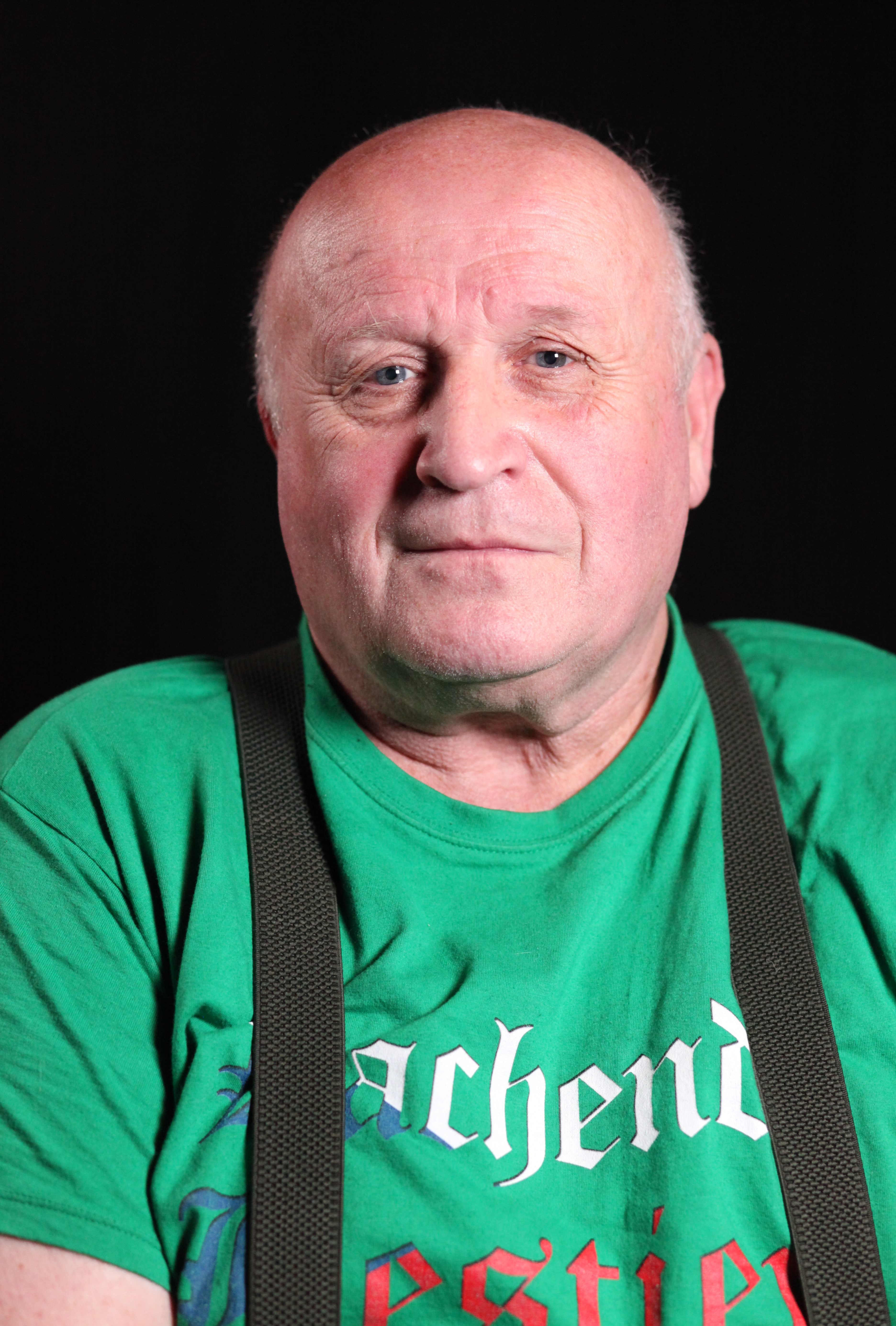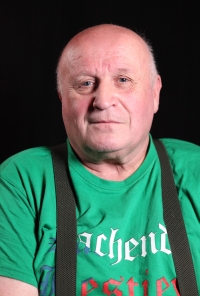We’re all to blame. But the point was to get as little dirty as possible

Download image
Jaromír Müller was born on 23 April 1954. His father Josef worked as a doctor in Křenovice, where he built his own practice. However, he lost it at the beginning of the 1950s due to nationalisation. Moreover, father repeatedly refused to join the Communist Party of Czechoslovakia, which stopped any career advancement. Mother Anděla came from a peasant family. His maternal grandfather Alois Valehrach fought in the First World War as a legionnary. Jaromír’s childhood was influenced by the releived political atmosphere of the 1960s. As a member of the Pioneer, he participated in an international peace camp in Sweden. Here he was caught by the news of the invasion of Czechoslovakia by Warsaw Pact troops. A year later he went to the camp a second time, this time to Poland, where he took part in a protest action. They sewed tricolours on their red scarves and demonstratively dug a grave for the old Pioneer organisation. For this reason they were expelled from the organization. Jaromír Müller took part in the demonstration on the first anniversary of the invasion in August 1969 in Brno, here he was injured with a baton. During his basic military service, he refused to sign a protest against Charter 77. During the normalisation period, he worked as a worker in Lachema in Brno. Following the example of his father, he repeatedly refused to join the Communist Party of Czechoslovakia. He participated in the Velvet Revolution in Brno. He and his wife Ilona raised their sons Petr and Václav. Today (2023) he is living in Šlapanice.
















